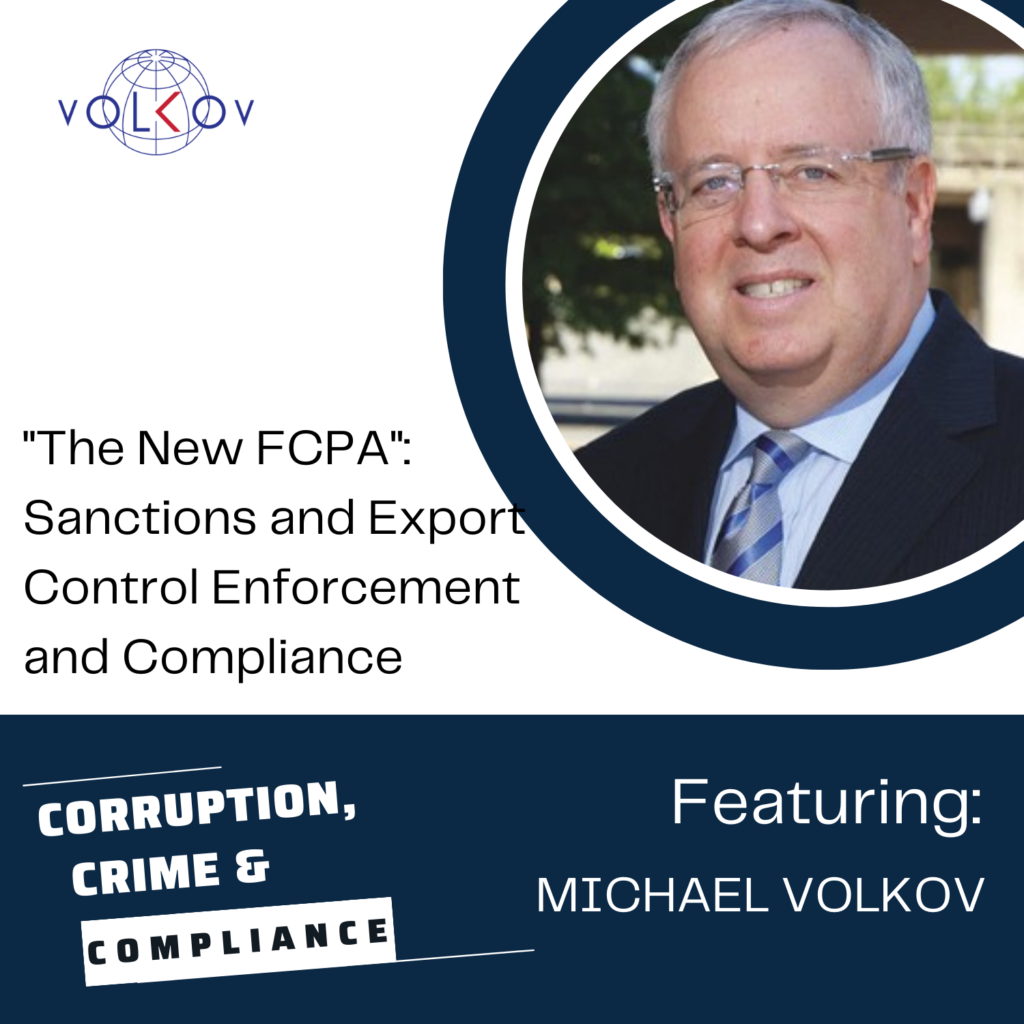Welcome to the award-winning FCPA Compliance Report, the longest-running podcast in compliance. Join Tom Fox on the FCPA Compliance Report as he discusses with Scott Solomon, the CEO of Operational Security Solutions (OSS), how they manage compliance and ethical considerations around cash management, particularly for high-risk customers.
In this episode, they talk about the importance of compliance in the financial industry and how OSS helps financial institutions manage their portfolio through best practices. The podcast also touches on the challenges faced by legal cannabis businesses and the gaming industry regarding compliance and cash operations. Listeners will get insights into boutique cash and transit providers’ role in navigating licensing and permitting requirements for cannabis-related cash operations. This informative podcast concludes with contact information and an eagerness to continue the conversation. Don’t miss out on the insights shared in this episode. Tune in now to FCPA Compliance Report with Tom Fox and Scott Solomon.
Key Highlights:
- Challenges of Compliance in Handling Cash Transactions
- Challenges of Compliance in Regulated Industries
- Cash delivery in the legal cannabis industry
- Risk Management for Financial Businesses
Notable Quotes
“Our primary customer or partner is a financial institution. So when you look at secure cash management and logistics, it boils down to our specialty is moving cash, and we have the ability in the compliance background to help financial institutions support their high-risk customers.”
“OSS was founded around compliance. A group of former law enforcement personnel, special military operators, and federal regulators got together and saw an opportunity to initially start by consulting.”
“We work with the customer. It doesn’t help us, and it doesn’t help the bank if the customer goes off the rails and becomes non-compliant. So, we want to educate them.”
“I come out of the anti-corruption compliance space; we’ve always looked to the casino world as one of the leaders around AML work simply because it was in their business interest to do.”
Resources
Scott Solomon on LinkedIn
Operational Security Solutions
Tom Fox
Instagram
Facebook
YouTube
Twitter
LinkedIn



 Unprecedented changes in sanctions and export control enforcement are imminent as the U.S. government amplifies its focus on national security and corporate compliance. In this episode of Corruption, Crime, and Compliance, Michael Volkov discusses the potential consequences of these developments. He dissects the “new FCPA,” the Department of Justice’s (DOJ) strategic approach, the critical role of sanctions and export control enforcement, and the intricacies of voluntary disclosure programs.
Unprecedented changes in sanctions and export control enforcement are imminent as the U.S. government amplifies its focus on national security and corporate compliance. In this episode of Corruption, Crime, and Compliance, Michael Volkov discusses the potential consequences of these developments. He dissects the “new FCPA,” the Department of Justice’s (DOJ) strategic approach, the critical role of sanctions and export control enforcement, and the intricacies of voluntary disclosure programs.
